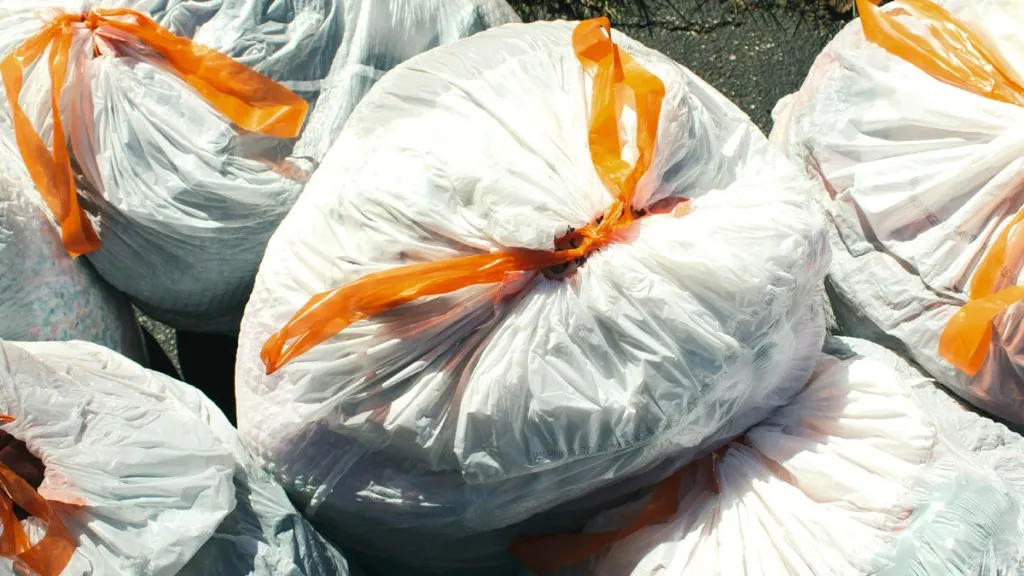Downgrade delivers budget blow
Queensland has received a budget blow after being issued a credit rating downgrade for the first time in almost 20 years.

The rare credit rating downgrade has delivered a budget blow to Queensland as it prepares for the Olympic Games.
Queensland faces higher borrowing costs and pressure on its infrastructure ahead of the Brisbane 2032 Games after the “negative outlook” from international ratings agency S&P Global.
The Sunshine State has held an AA+ credit rating since 2009.
However, Treasurer David Janetzki told parliament the agency had announced an outlook downgrade to AA+/Negative.
The treasurer was quick to point the finger, accusing the previous Labor government of “fiscal vandalism”.
“The fiscal implications of this downgrade will be determined, but there is no doubt that this will add to the cost of borrowing,” he told parliament on Wednesday.
You might like
“Labor can never be trusted to manage the budget again.”
Queensland has fallen to equal third in national credit ratings, with Western Australia on top at AAA followed by South Australia at AA+.
NSW, Tasmania and the ACT also have AA+/Negative ratings while Victoria is AA/Stable.
S&P Global said a mid-year economic review published by the government in January outlined potential for “significant fiscal deterioration”.
In the review, government figures outlined higher operating and capital expenditure with an increase of more than $50 billion over the next four years.
Total debt was set to surge to $218 billion, a significant difference to the $172 billion Labor had forecast in its final budget.
Stay informed, daily
S&P Global said it saw “elevated uncertainty” with Queensland’s fiscal outlook.
It said the Liberal National government had promised to address spending pressures and escalating capital costs in its June 2025/26 budget, ensuring debt would be lower than forecast in the mid-year review.
“It is unclear how the government will address spending pressures and how much lower expenditure and debt will be in the upcoming budget,” the agency said.
“This uncertainty is captured in our negative outlook.”
The opposition said the negative outlook was a result of the LNP government playing politics with the mid-year review.
“S&P have always said about this budget that it was highly politicised. In fact, they described it as a ‘political narrative’ where they inflated their expenditure,” opposition treasury spokesperson Shannon Fentiman said.
“David Janetzki’s cheap political point scoring has turned out to be very expensive for Queensland households.”
Janetzki had promised a “calm and methodical” approach to the budget to get debt under control without cuts to the public service after the LNP won the October 2024 election.
He had earlier blamed declining coal royalties – set to fall from $10 billion in 2023/24 to $6 billion in 2024/25 – and inherited project cost blowouts for extra pressure on the budget.




